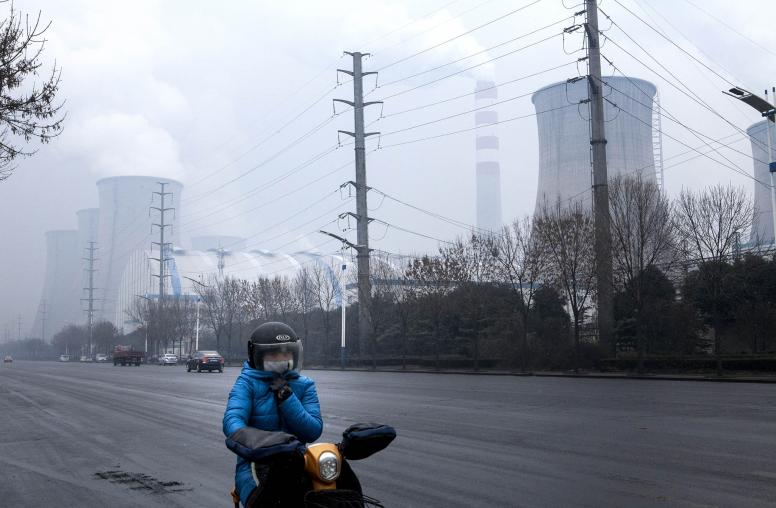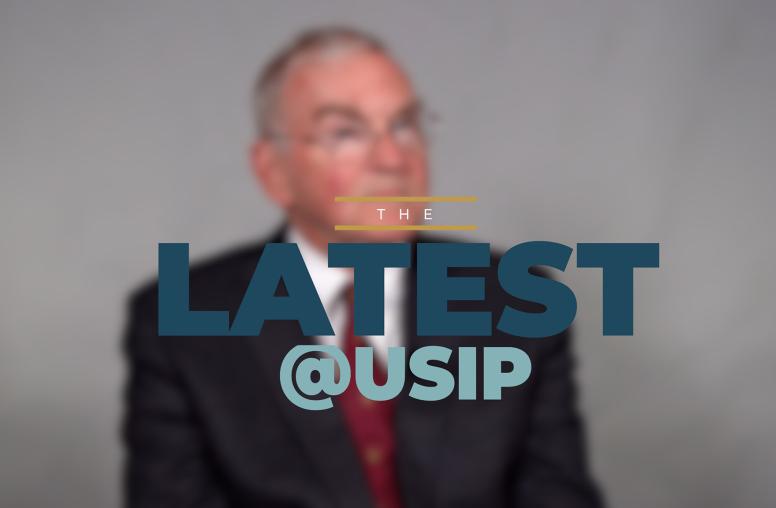The Climate Challenges of South Asia’s Megacities
South Asia is home to over 1.8 billion people, many of whom live in extreme poverty in megacities or urban centers with over 10 million inhabitants. These urban centers are increasingly suffering from the pressures of climate change and contribute immensely to environmental degradation in the region. These environmental stresses exacerbate the dynamics of violent conflict by affecting livelihoods, widening social fissures, and increasing the displacement of communities dependent on natural resources — with religious, ethnic and political minorities at the receiving end of the worst impacts.
On April 27, USIP held a discussion on the growing stress faced by urban centers in South Asia due to climate change. Experts discussed how megacities are contributing to environmental degradation and societal conflict, as well as addressed what policies might best combat these challenges and reflect on President Biden’s latest climate change summit.
Continue the conversation on Twitter with #SAsiaClimate.
Panelists
Aditya Bahadur
Principal Researcher, Human Settlements Group, International Institute for Environment and Development (India)
Sara Hayat
Environmental Lawyer and Asia Foundation Fellow (Pakistan)
Huraera Jabeen
Consultant, World Bank (Bangladesh)
Jumaina Siddiqui, moderator
Senior Program Officer, South Asia, U.S. Institute of Peace



